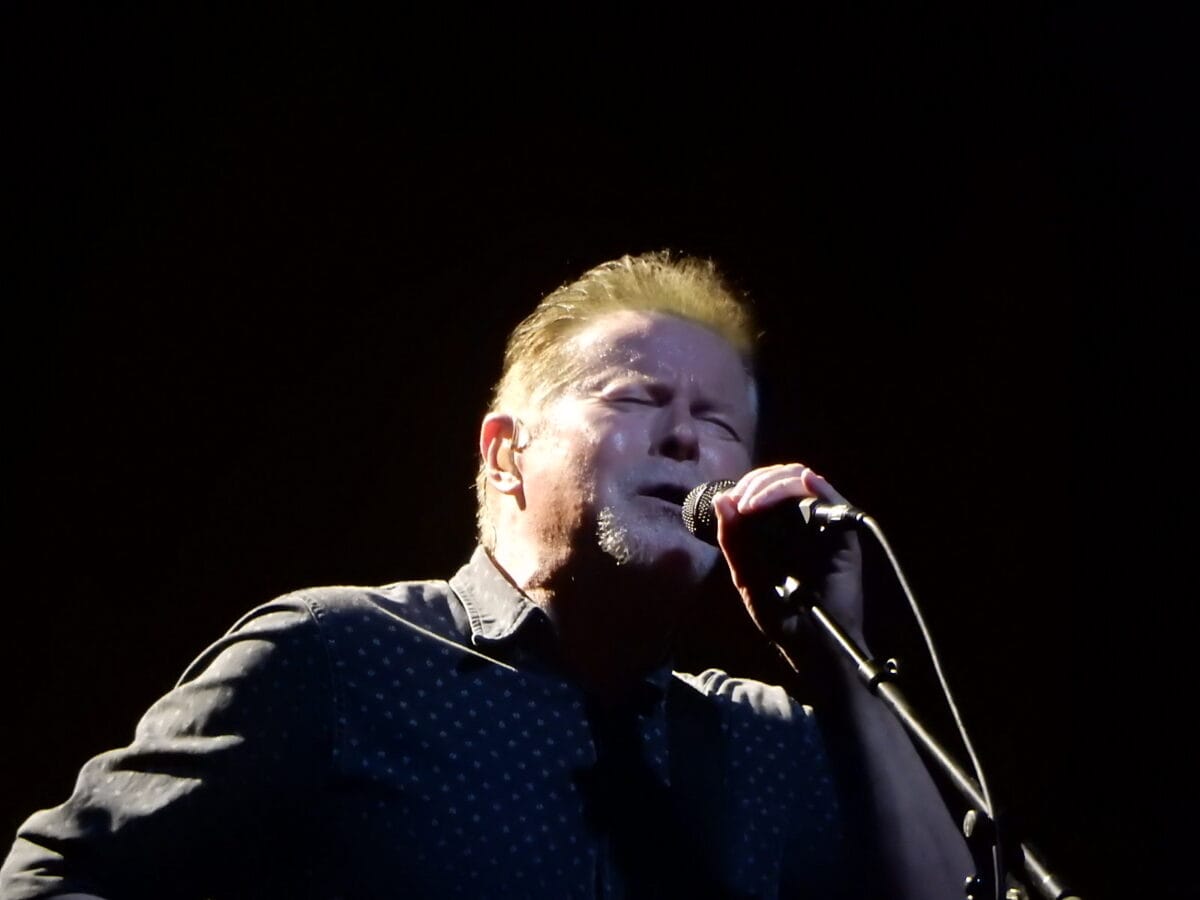Digital Millennium Copyright Act Insufficient, Artists Testify in Senate Intellectual Property Subcommittee Hearing
June 3, 2020 — The protections against redistribution of copyrighted content as enumerated in the Digital Millennium Copyright Act are insufficient, said participants in a Senate Intellectual Property Subcommittee hearing on Tuesday. The Subcommittee hosted several artists of various trades to testi
Elijah Labby

June 3, 2020 — The protections against redistribution of copyrighted content as enumerated in the Digital Millennium Copyright Act are insufficient, said participants in a Senate Intellectual Property Subcommittee hearing on Tuesday.
The Subcommittee hosted several artists of various trades to testify about the ways the DMCA has affected them. Many of them expressed concern at what they see as the legislation’s shortcomings.
Don Henley, lead vocalist for the Eagles, said that big tech companies have repeatedly abused the DMCA to use licensed music for free illegally.
“When a simple online search for a song returns an endless list of sites that never asked the copyright owner for permission, never received a license and never passed on a penny to the artist for the use of their music, the system is not working,” he said.
The DCMA criminalizes the production of equipment or services intended to distribute copyrighted material illegally. At the same time, Section 512 of the law creates a “notice and takedown” process to streamline the removal of allegedly infringing material from tech platforms.
So long as the tech platforms follow Section 512’s procedures, they remain immune from contributory copyright infringement. This provision of the law has provided a great deal of certainty in the internet content ecosystem.
Since the legislation was signed into law in 1998, various provisions of the law do not properly address the impact of newer digital technologies that can reproduce and redistribute digital media, panelists said.
Kerry Muzzey, an instrumental soundtrack composer, said that large companies have used his work illegally under the guise of “fair use,” and that despite his attempts to remedy the situation and receive payment, the companies have been mostly unresponsive and sometimes hostile.
“I began to send DMCA takedown requests on these tens of thousands of uses, and I quickly learned just how broken the DMCA was,” Muzzey said. “As I filed takedowns, I began receiving counter-notifications forwarded by YouTube. These notifications were from the companies and organizations using my music, as well as individual YouTube users — all of whom said that their use of my music in their ads, commercials and fundraisers was fair use under U.S. Copyright Law.”
Other participants reported similar experiences. Photographer Jeffrey Sedlik claimed that tech companies do not do all they could to protect against illegal use of his photographs.
“Instead of using readily available technologies to identify and mitigate copyright infringement,” he said, “service providers [ignore] illegal activity, allowing infringers to infringe, exploit and monetize my work with impunity.”
One of Sedlik’s proposed solutions is a government requirement that online service providers must perform recognition scans to identify and take action on illegal uses.
“This is not the effective, balanced system envisioned by Congress when it enacted the DMCA,” he said. “The fact that millions of takedown notices are issued each day is not a sign of success. It is a sign of an unbalanced system under strain and on the verge of failure, if not beyond.”








Member discussion